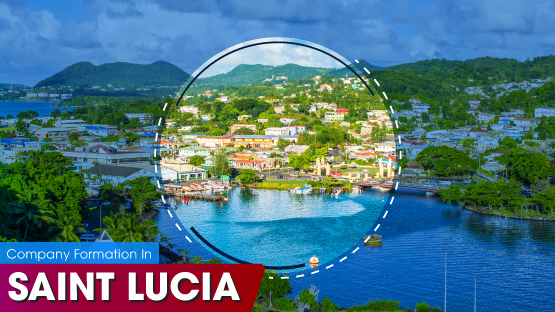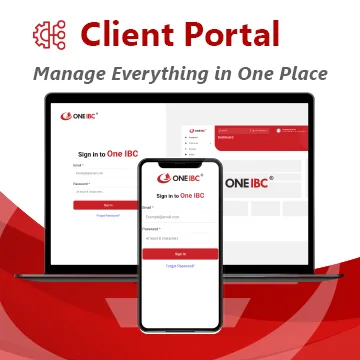8. What Is Saint Lucia Best Known For?
In business, Saint Lucia is best known for the following:
1. International Business Companies (IBCs)
Saint Lucia offers a competitive and flexible legal framework for the incorporation of International Business Companies, which are used globally for trading, holding of assets, and investment structuring.
2. Attractive Tax Environment
Being a territorial tax system, Saint Lucia does not tax income which is earned outside of the country. This is particularly suitable for structuring international operations so they bear little or no local tax.
3. Confidentiality and Privacy
Saint Lucia corporate law offers high-grade protection in terms of privacy to shareholders and directors, hence being particularly attractive to investors who want to remain discreet.
4. Citizenship by Investment Program (CIP)
One of the most reputable in the Caribbean, the Saint Lucian CIP attracts high-net-worth individuals seeking a second citizenship in exchange for investment in approved local enterprises or government bonds.
5. Modern Legislation and Compliance
Saint Lucia operates business-friendly legislation compliant with international standards (OECD, FATF), which thus renders it more dependable when compared to many other jurisdictions.
6. Banking and Legal Infrastructures Provide Stability
With a common law system rooted in English law, and glancing at the island's political and economic stability, Saint Lucia can provide a secure base for international business.
Conclusion
Saint Lucia has always been seen as a strategic and trustworthy international business jurisdiction. Tax-efficient structures, strong legal protections, and investor-friendly policies create a very conducive environment to establish and grow global operations.
=> Read more: Saint Lucia Offshore Company Formation Services




















 Processing
Processing